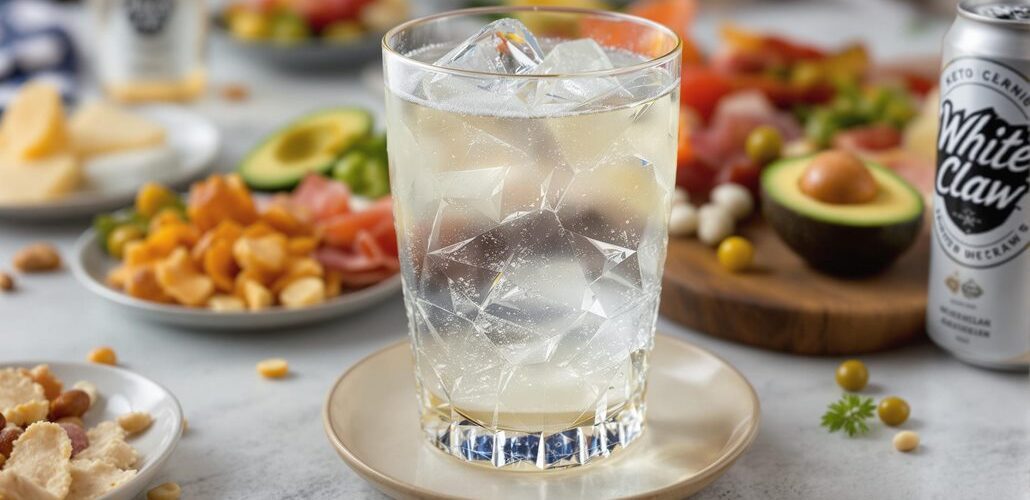
White Claw's nutritional profile makes it a suitable choice for keto dieters, thanks to its low carbohydrate content of just 2 grams per 12 oz can and absence of artificial sweeteners. This aligns well with the keto focus on limiting carbs to maintain ketosis. Each can also provides around 100 calories and a 5% alcohol volume, making it comparable to other low-carb alcohol options like certain hard seltzers and dry wines. However, moderation is key—consuming 1-2 cans per week is recommended. Tracking overall carb intake remains essential, and exploring various low-carb beverages can offer additional enjoyment. Discover more tips and alternatives.
Key Takeaways
- White Claw's 2 grams of carbs per can supports keto-friendly consumption.
- Limit White Claw intake to 1-2 cans per week to maintain ketosis.
- Hydrate with water alongside each can to support keto balance.
- White Claw's natural flavors and low sugar align with keto guidelines.
- Track daily carb intake to ensure adherence to keto diet limits.
Understanding White Claw
White Claw Hard Seltzer has rapidly emerged as a prominent player in the beverage industry, appealing to consumers seeking a revitalizing, low-calorie alternative to traditional alcoholic drinks.
This hard seltzer brand is characterized by its 5% alcohol content and approximately 100 calories per 12 oz can, making it an attractive option for those mindful of their caloric intake. The low-carb profile of White Claw, with each can containing about 2 grams of carbs and less than 1 gram of sugar, aligns well with the dietary preferences of health-conscious individuals, including those following a keto diet.
The ketogenic diet, known for its high-fat, low-carb approach, is popular among those managing type 2 diabetes due to its impact on reducing blood glucose levels. The ingredients in White Claw include carbonated water, gluten-free alcohol, natural flavors, cane sugar, citric acid, and sodium citrate—none of which are artificial sweeteners. This composition contributes to its appeal as a clean-label alcohol choice.
The brand's success is underpinned by its diverse array of fruit-based flavors, such as Black Cherry, Mango, Natural Lime, and Raspberry, which cater to varying taste preferences. Since its market introduction in 2016, White Claw has captured significant market share, becoming the leading hard seltzer brand in the U.S. by 2019, further amplified by its vibrant social media presence.
Keto Diet Basics
The compatibility of White Claw with the ketogenic diet can be better understood by examining the foundational principles of this dietary approach. The keto diet is predicated on markedly reducing carbohydrate intake in favor of high-fat and moderate-protein foods, with the goal of achieving ketosis.
In this metabolic state, the body shifts from burning carbohydrates to utilizing fat as its primary energy source, resulting in increased ketone levels. This shift is vital for individuals seeking weight loss and other health benefits, such as improved metabolic health. Achieving ketosis typically requires limiting daily carbohydrate intake to 20-50 grams, which necessitates a focus on low-carb foods.
These include leafy greens, nuts, and healthy oils, while carefully monitoring macronutrient ratios is also important for maintaining the diet's effectiveness.
- Focus on high-fat foods: Prioritize foods like avocados, cheese, and fatty fish to meet macronutrient goals.
- Be mindful of carbohydrate intake: Track all sources of carbs, including those from alcoholic drinks like hard seltzers.
- Avoid empty calories: Opt for nutrient-dense options to support overall health.
White Claw Nutritional Profile
White Claw's nutritional profile makes it an appealing choice for those following a ketogenic diet, primarily due to its low carbohydrate content of just 2 grams per 12 oz can.
With approximately 100 calories and 5% alcohol by volume, it offers a balanced option for those managing caloric intake while maintaining ketosis.
Additionally, its absence of artificial sweeteners and reliance on natural ingredients further supports its suitability for health-conscious consumers.
Low-Carb Content Details
As a popular choice among low-carb alcoholic beverages, White Claw offers a nutritional profile that aligns well with the principles of a ketogenic diet. Each 12 oz can contains approximately 100 calories and just 2 grams of carbs, making it an ideal option for those seeking a low-carb alcoholic drink.
The sugar content is significantly low, typically less than 1 gram per can, which is essential for maintaining the low sugar intake required by a ketogenic diet. White Claw's net carbs range from 1-2 grams, fitting seamlessly into the carbohydrate restrictions of keto enthusiasts.
White Claw's clean nutritional profile is also characterized by the absence of artificial sweeteners and gluten, catering to health-conscious individuals who prioritize quality ingredients.
Due to its low-carb content, moderate consumption—defined as 1-2 cans per week—can support the maintenance of ketosis without compromising dietary goals.
- Low Sugar Content: Less than 1 gram per can, suitable for low-carb diets.
- Net Carbs: 1-2 grams, aligning with keto restrictions.
- Clean Ingredients: No artificial sweeteners, gluten-free, ideal for health-conscious consumers.
Calorie Count Breakdown
Understanding the caloric content of White Claw is key for those integrating it into a ketogenic lifestyle. Each 12 oz can of White Claw contains approximately 100 calories, classifying it as a low-calorie alcoholic beverage. This positions White Claw favorably against many traditional beers and cocktails, which typically have higher calorie counts.
Regarding nutritional information, White Claw offers a low-carb profile, containing about 2 grams of carbohydrates and less than 1 gram of sugar per can. This aligns well with low-carb dietary guidelines, making it a keto-friendly choice.
The alcohol by volume (ABV) of White Claw is 5%, indicating a moderate alcoholic content. This makes it suitable for social drinking without substantial disruption to ketosis, provided it is consumed in moderation.
The beverage is also gluten-free and void of artificial sweeteners, broadening its appeal to health-conscious consumers. Given its low calorie and carb counts, incorporating White Claw into a ketogenic diet can be done sensibly. It allows for enjoyment of a revitalizing drink while adhering to dietary goals, maintaining a balance between social enjoyment and nutritional discipline.
Keto Compatibility
For individuals adhering to a ketogenic diet, selecting beverages that align with their nutritional goals is vital. White Claw, a popular hard seltzer, offers a low-carb option with just 2 grams of net carbs per 12 oz can, making it suitable for those on a keto diet.
The beverage boasts approximately 100 calories per can, which is lower than many traditional alcoholic options, enabling consumers to manage their caloric intake effectively while maintaining their ketogenic state. Additionally, the high-fat and protein foods emphasized in a keto diet help regulate appetite, making it easier to consume alcohol in moderation.
White Claw stands out due to its lack of artificial sweeteners and less than 1 gram of sugar, aligning well with keto guidelines that emphasize low sugar consumption. The variety of fruit flavors available provides a revitalizing alternative to higher-carb alcoholic beverages, catering to health-conscious individuals.
To enjoy White Claw on a keto diet:
- Consume in moderation: Limit to 1-2 cans per week to prevent disruption of ketosis.
- Monitor total carb intake: Verify it fits within your daily carb limit.
- Stay hydrated: Alcohol consumption can dehydrate, so balance with water.
Alternative Low-Carb Drinks
Exploring alternative low-carb drinks can greatly enhance the variety and enjoyment of a ketogenic lifestyle. While White Claw is a popular choice, other hard seltzers such as Truly and Bon & Viv offer comparable low-carb options, typically containing around 2 grams of net carbs per 12-ounce serving. These alternatives provide keto-friendly options for those seeking variety.
Beyond hard seltzers, low-carb beers like Bud Select 55 and Michelob Ultra, with 1.9 to 2.6 grams of carbs per serving, offer a revitalizing alternative for beer enthusiasts adhering to a keto diet.
For those with a preference for spirits, distilled spirits like vodka, gin, and whiskey contain zero carbohydrates. These can be combined with low-carb mixers such as club soda or sparkling water, creating keto-friendly cocktails that maintain low net carb levels.
Wine aficionados can enjoy dry wines, including Sauvignon Blanc and Chardonnay, which typically contain less than 5 grams of net carbs per 5-ounce serving.
Selecting low-carb mixers and avoiding sugary concoctions guarantees that your carb intake remains aligned with ketogenic goals. By considering these alternatives, individuals on a keto diet can enjoy a diverse range of low-carb drinks without compromising their dietary objectives.
Smart Consumption Tips
Balancing enjoyment with dietary goals is vital when incorporating beverages like White Claw into a ketogenic lifestyle. Given its low carb content of 1-2 grams per can, White Claw is a favorable choice for those on a keto diet.
However, moderation is key to maintaining ketosis, with a recommended limit of 1-2 cans per week. Each 12 oz can contains approximately 100 calories, offering a lower-calorie alternative to many traditional alcoholic drinks. The lower carbohydrate content helps maintain ketosis by not exceeding the strict carb limits of 20-50g per day, which is essential for achieving ketosis.
To optimize your White Claw experience while adhering to keto guidelines, consider these consumption tips:
- Track your total daily carb intake to guarantee that even low-carb drinks like White Claw fit within your dietary limits.
- Stay hydrated: Drink at least one glass of water per can of White Claw to counteract potential dehydration.
- Choose flavors wisely: All White Claw variants are gluten-free and made with natural flavors, aligning with health-conscious choices.
Expert Recommendations
A multitude of experts agree that while White Claw's low carbohydrate content makes it a suitable option for those on a ketogenic diet, mindful consumption is essential to maintain dietary balance. Experts recommend limiting intake to 1-2 cans per week to stay in ketosis, owing to the beverage's low-carb profile with just 2 grams of carbohydrates per 12 oz can. This moderation is pivotal, as even low-carb alcoholic beverages can influence overall caloric intake, potentially impacting weight management.
Registered dietitians advocate pairing White Claw with effective hydration practices. Drinking a glass of water for each can consumed can help mitigate the dehydration risk commonly associated with alcohol. The natural flavors and approximately 100-calorie content of White Claw align with health-conscious drinking habits, providing a guilt-free choice for social occasions.
| Aspect | Recommendation | Rationale |
|---|---|---|
| Consumption | 1-2 cans/week | Maintain ketosis, low-carb adherence |
| Hydration | Water per can | Mitigates dehydration risks |
| Caloric Intake | Monitor intake | Supports weight management |
| Natural Flavors | Favorable choice | Aligns with health-conscious habits |
| Moderation | Essential | Balances dietary intake |
Thus, for those on a ketogenic diet, integrating White Claw into their lifestyle requires a balanced, mindful approach.
Frequently Asked Questions
Is White Claw Good for a Keto Diet?
White Claw, with its low carb content and diverse flavor options, is generally suitable for a keto diet. However, consider serving sizes, mixing strategies, and hydration tips while comparing drink alternatives and understanding potential health effects in social situations.
Can I Lose Weight Drinking White Claw?
Losing weight while drinking White Claw is feasible if consumed in moderation, considering its low caloric content and carb count. Prioritize hydration levels, employ keto-friendly mixers, exercise portion control, and manage drinking frequency to support weight loss.
Can I Cheat One Day in Keto?
A single cheat day in a keto lifestyle can disrupt ketosis, impacting metabolic health and weight loss. Practicing mindful indulgence and carb cycling promotes dietary balance. Carefully planned cheat meals support flexibility without risking binge eating or unhealthy nutritional choices.
What Is the Best Alcohol on a Keto Diet?
The best alcohol for a keto diet includes low carb beers, spirits options, and suitable wine choices. Consider alcohol effects and carb counting; moderation is essential. Hydration tips and serving sizes matter, as mixers and binge drinking can disrupt ketosis.
Conclusion
The compatibility of White Claw with a keto diet hinges on its low carbohydrate content, aligning well with the dietary restrictions of keto adherents. Understanding its nutritional profile and comparing it to alternative low-carb beverages can aid in making informed decisions. Adhering to smart consumption tips guarantees that indulgence in such beverages does not disrupt ketosis. Expert recommendations further underscore the importance of moderation and balanced dietary practices, facilitating the harmonious inclusion of White Claw in a keto lifestyle.
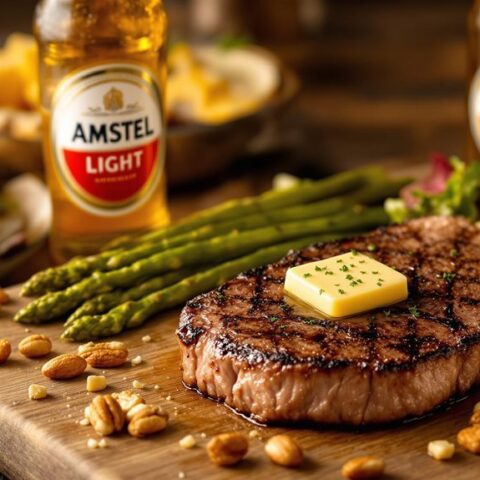
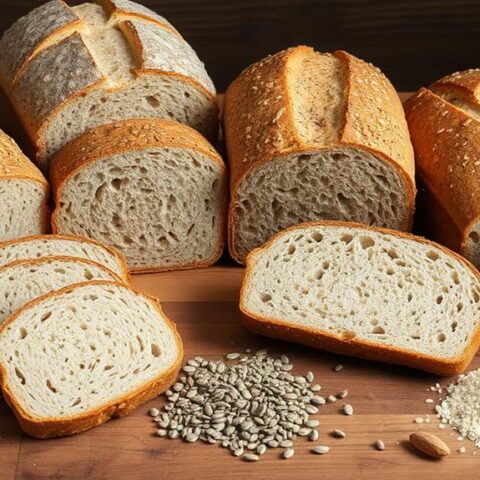
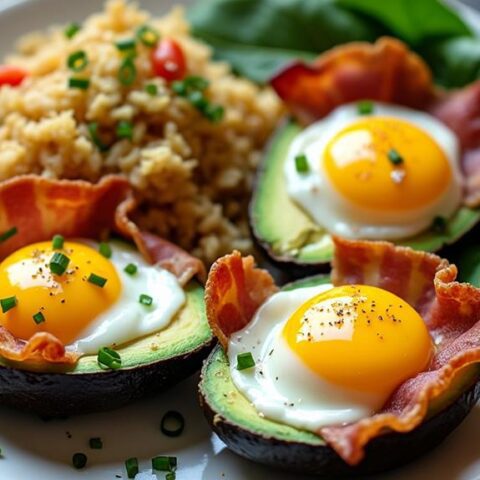
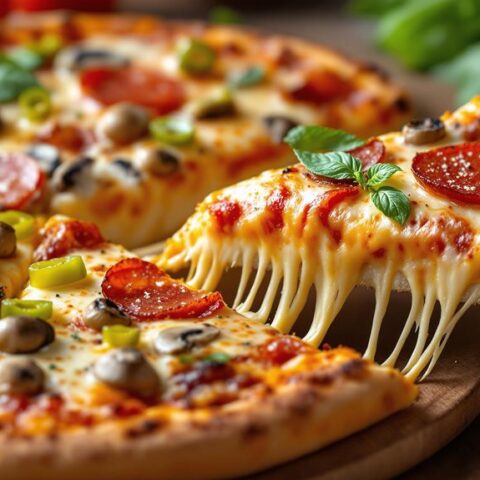
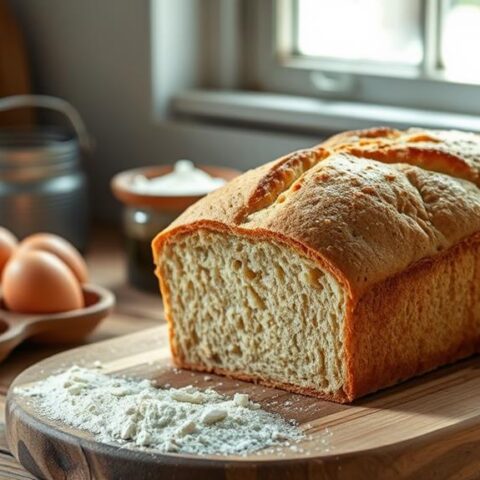
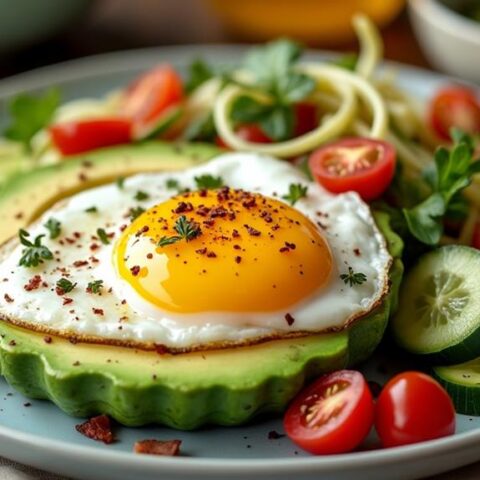




No Comments